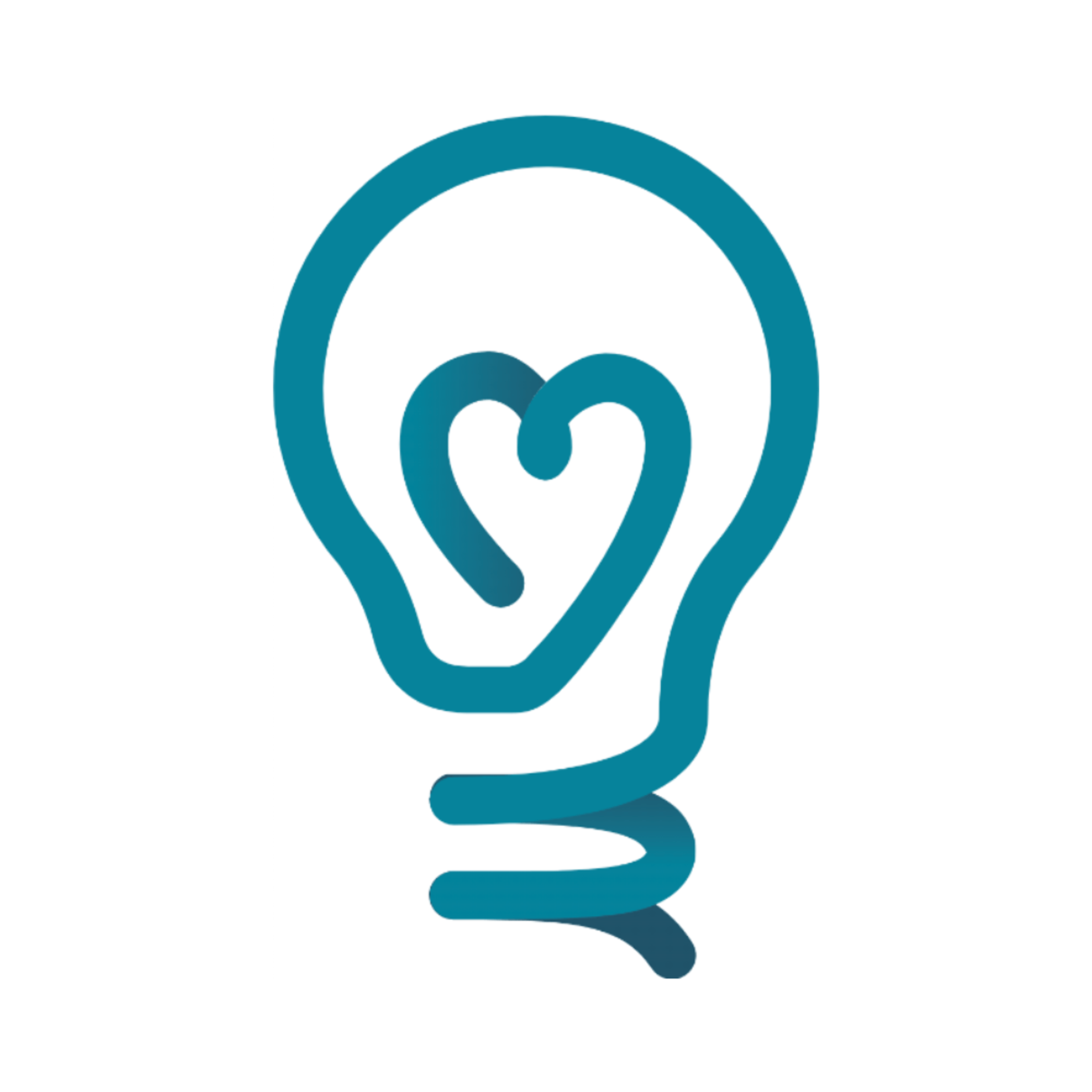April news: Big risks, small bites. AI, World Malaria Day, & more
We often focus on problems we know how to solve — like distributing malaria nets or increasing vaccination coverage. But some of the most pressing risks to humanity’s future are harder to see, harder to solve, and even harder to talk about.
One of those risks is the unchecked development of advanced artificial intelligence.
Just this month, a new report, AI 2027, released a scenario for how AI development could progress in the next two years. Experts believe that as powerful AI systems grow more capable, so do the risks of misuse, accidents, or even losing control of the very tools we’ve built.

Source: https://ai-2027.com/
It can feel distant or speculative — but many experts believe we’re at a pivotal moment. Decisions made now could shape the trajectory of this technology for generations to come.
That’s why we believe AI safety and governance is a cause area worth considering. Donating is far from the only way to support this cause area — direct work & lobbying are pretty important here — but donors can help fund research & advocacy initiatives. Here are some programs impact-focused donors may be interested in supporting that are working to address AI risk — either as a sole area of focus, or as part of a broader set of projects to address global catastrophic risk:
Programs working to address AI risk
*We currently include the Emerging Challenges Fund & the Long-Term Future Fund on our list of recommended programs.
You can also donate to GWWC's Risks & Resilience Fund, which currently splits donations among our two recommended programs: the Emerging Challenges Fund & the Long-Term Future Fund.

by Giving What We Can
The Risks and Resilience Fund directs funding to highly effective organisations working to reduce global catastrophic risks. Currently, the research team plans to allocate half of the fund's budget to the Long-Term Future Fund (EA Funds) and half to the Emerging Challenges Fund (Longview Philanthropy). See this fund's past grant rounds.
This isn't to minimise the current funding crisis for global health programs. I’d be remiss if I didn’t mention World Malaria Day, which is tomorrow (25th April). Funding for malaria prevention programs has been affected by the recent aid cuts, meaning that support from individual donors is more important than ever. Currently, around 600,000 people die of malaria each year, a number that will almost definitely rise without additional funding.
That said, I also believe challenges like those posed from rapidly approaching advanced AI (and little advanced governance to accompany it) have the potential to shape the future of everyone on the planet, including those living in extreme poverty and the animals that inhabit earth with us.
Read on for more updates, events, and opportunities to support impactful work — from AI to global health, animal welfare, and beyond.
Motivations for Pledging
Here are some of our favourite responses from people who took a pledge last month:
🔸 Because I have the opportunity to do immense good at a minimal cost to my quality of life. The evidence and logic are undeniable.
-Jacob Speedy from the US 🇺🇸
🔸 Because I want my success to mean more than just personal gain.
- Ismail Faiz from the US 🇺🇸
🔸 Because recently I had to say farewell to a dear friend and realized how precious and short life is.
- Manuel Neetz from Germany 🇩🇪
And some responses from people who took a Trial Pledge last month:
🔹 Because I think people underestimate how much good they can do in the world.
- Cato Sandford from the UK 🇬🇧
🔹 Because I cannot remain insensitive to the problems of today's world, and want to make it a more humane place for all those who inhabit it.
- Valeria Pezzino from Luxembourg 🇱🇺
News & Updates
GWWC
New blogs, announcements, & news from Giving What We Can
- We announced our 2025 organisational strategy, along with some initiatives we’ll be retiring in order to focus more on our broader mission.
- We published a fabulous blog from 10% Pledger Eric Arellano about the challenge – and necessity – of balancing impact with personal goals.
- We welcomed Spencer Ericson to the team as our Community Engagement Coordinator!
Community
Highlights from our community & the wider effective giving ecosystem
- Saloni Dattani, global health researcher at Our World In Data, writes about how foreign aid cuts in both the US and the UK propelled her to take the 10% Pledge this month, and how she’s changed her views on the importance & power of individual philanthropy. She urges governments & other individuals to step up too. Read “We don’t have to sit back and just watch the horror unfold”.
- Philanthropically-minded people interested in Financial Independence (FI) may find Yield & Spread’s new “FI Purpose Planner” useful: it’s a free tool that allows you to map out various life scenarios (like increasing your donations or taking an income pledge!) & see how they’ll impact your FI timelines.
- Ever feel like donating is just a drop in a very large bucket? Check out Trial Pledger Rory Fenton’s crystallation of this sentiment – and his reframing.
- Jeff Kaufman shared an exciting update on Nucleic Acid Observatory’s work on early detection of novel pathogens.
- Luke Freeman, former CEO of Giving What We Can, published a call for Australians to take some easy advocacy actions for AI safety, including signing an open letter and contacting your local candidates to ask for their positions. Read more about the AI Safety election campaign initiative here, and see more ways you can help.
- If you are running a similar campaign in another country, The Good Ancestors team would be happy to share their signature/scorecard platform and lessons learned.
Open Role Announcements
- Animal Charity Evaluators (ACE) is hiring for a Development Director. The Development Director is accountable for securing the financial support needed to run ACE, as well as increasing funds for the effective animal advocacy movement to optimally advance ACE’s theory of change. Learn more and apply.
- Open Philanthropy is hiring:
- Strategy Fellows and Partnerships Associates for the Global Health & Wellbeing Partnerships team to help direct more funding to high-impact, evidence-backed giving. Apply by April 27 for the Strategy Fellow role and by April 25 for the Partnerships Associate role!
- A Program Assistant for theFarm Animal Welfare (FAW) teamto support efforts to identify the most promising grantmaking opportunities to help animals confined on factory farms by facilitating the day-to-day operations of the team’s work. Apply by May 4 for full consideration!
- Effektiv Spenden is looking for a Country Manager in Switzerland. Applications will be reviewed on an ongoing basis, and the position is expected to be filled by mid-2025 at the latest. Details here.
Cause Area News
Highlights from the high-impact programs we list on our platform along with evaluators & grantmakers in the effective giving space
Animal Welfare
- The Animal Welfare Fund shared the grants it made from January - March. Highlighted grants include advocacy work on applying local animal welfare standards to imports; cage-free initiatives in Ghana, Egypt, Morocco, and South Africa; and a research & pilot program on humane chill-killing at Indian shrimp farms to inform global certification standards.
- The Humane League shared some exciting animal welfare news: on 2nd April, Domino’s Pizza chain announced plans to commit to the Better Chicken Commitment (BCC), a decision that will positively impact the lives of approximately 1.4 million chickens annually. Domino’s commitment comes after years of collaboration with leading animal protection organisations, including The Humane League UK.
- Good Food Institute’s:
- Senior UK Policy Manager, Linus Pardoe, appeared on BBC Radio 5 Live to explain cultivated meat in an accessible, science-led segment—highlighting its health, sustainability, and potential to reshape the future of protein.
- 2025 Research Grant Program is now open! Yearly, GFI funds open-access alternative protein research projects through their philanthropy-powered research grants program. This year, they expect to grant up to $3.5 million across innovative projects, with a priority focus on projects exploring fermentation-derived ingredients or cell line development. A previous grantee’s work on cultivated octopus has since catalyzed a €7M EU-backed project on cultivated meat innovation. Apply to the Research Grant Program by May 15th.
- Wild Animal Initiative:
- Published a new paper by Senior Researcher, Michaël Beaulieu, arguing that wildlife rehabilitation’s positive impacts on the welfare of individual animals is a sufficient reason to justify it.
- Held seminars at UCLA and UC Davis, where university community members had the opportunity to meet WAI grantees and hear about their research.
Global Health and Wellbeing
- Malaria Consortium:
- Launched its 2025 World Malaria Day campaign, highlighting that philanthropic donations are a lifeline in a world where a child dies every minute from a preventable and treatable disease.
- Published Reflections on the Covid-19 Pandemic: Five years of response, adaptation and impact, a timeline-view of the challenges the organisation faced, the actions taken, and the lessons learned.
- GiveDirectly’s vice president of programs published an op-ed in Devex: Deep aid cuts show cash transfers have never been more urgent
- Unlimit Health published an article sharing the results of an impact assessment it conducted in partnership with Zanzibar’s Ministry of Health, measuring progress towards elimination of parasitic disease in the region and showing significant progress against schistosomiasis! The article also emphasises the importance of impact assessments to inform treatment strategies.
Global Catastrophic Risk Reduction
- ALLFED, which aims to build resilience to global catastrophic food shocks through research, development, and policy recommendations. published an emergency funding appeal: Help us raise $800,000 to avoid cutting half of programs
- Longview Philanthropy announced it is now offering a new service for donors looking to donate over 100K a year to AI safety projects, which includes access to top AI grant recommendations.
- NTI | bio published a call to action for global health security, which focuses on how the US government’s cuts to global & domestic health programs impact health security & pandemic prevention worldwide. At a time when “all countries remain dangerously unprepared for future public health threats,” NTI | bio calls for an increase in global commitments and urges national governments to step up.
Evaluators, grantmakers and incubators
- GiveWell:
- Recently launched a webpage to provide an overview of how it is responding to the US aid cuts, which includes summaries of grants GiveWell has made and information on how donors can help. GiveWell is balancing a targeted, near-term response to urgent needs with a broad, long-term perspective of needs that may emerge.
- Has also started to record a series of conversations with the research team that shares timely snapshots of the rapidly evolving global health aid situation.
- Episode 1 (released on March 19, 2025): A broad overview of the impacts of US government aid cuts and GiveWell’s initial response.
- Episode 2: (released on April 3, 2025): Zooms in on a specific case, focusing on grants GiveWell has made to support urgent funding gaps for seasonal malaria chemoprevention.
Subscribe to receive notifications on the latest episodes here.
- Recently engaged in a red-teaming exercise to identify potential flaws in their iron research before considering $10-20 million in additional grants for 2025.
- Applications are open for the Spring 2025 round of High Impact Professionals’ Impact Accelerator Program (IAP), designed to help experienced (mid-career/senior) professionals not currently working in a high-impact role identify paths to impact; take concrete, impactful actions; and join a network of like-minded, experienced, and supportive professionals. The free, 6-week program begins the week of June 16, 2025; apply here by April 27.
- Rethink Priorities published U.S. Foreign Aid Funding Pause: A Framework for Giving in Uncertain Times.
- Happier Lives Institute released a chapter comparing the cost-effectiveness of different charities using WELLBYs per dollar, concluding: “The best charities in our sample are hundreds of times better at increasing happiness per dollar than others.” The research was also featured in Vox.
- HLI believes this research may be the first attempt to directly compare the cost-effectiveness of a wide sample of charities, including cost-effectiveness calculations for large, well-known charities or typical acts of charitable giving. (Most cost-effectiveness calculations within the effective giving ecosystem focus on the charities that are most likely to have higher cost-effectiveness than typical, in order to identify the best options.)
This month's featured social post from our community

When foreign aid cuts were announced, Saloni Dattani — a researcher at @ourworldindata — decided it was time to act.
“I’d thought about taking the 10% Pledge before,” she says but the cuts made her realise how easy it is to take global health and humanitarian programs for granted — and how urgently they need support.
She points out that these aren’t just abstract numbers being slashed — they’re programs that keep people alive, healthy, and able to care for their families.
See the full Instagram feature about Saloni here, and read her full article here.
Tag us on LinkedIn, X, Facebook, Instagram, YouTube, or TikTok and stay connected with us for more news and updates.
This month's featured resource
"What are impact-focused evaluators?"
New to effective giving? One of the key tips to make your money go as far as possible is to use the research of impact-focused charity evaluators. But what is an impact-focused charity evaluator and how are its methods different from websites that feature hundreds of charity ratings?
Do you have any feedback on our newsletter or communications? Share your thoughts here.
Useful Links
- Review our giving recommendations.
- Report your donations with your pledge dashboard.
- Share our ideas to help grow our community and multiply your impact.
- Join other members in the Giving What We Can Community Slack.
- Find more ways to get involved with Giving What We Can and effective giving.
Do you have questions about the pledge, Giving What We Can, or effective giving in general? Check out our FAQ page, or contact us directly.




